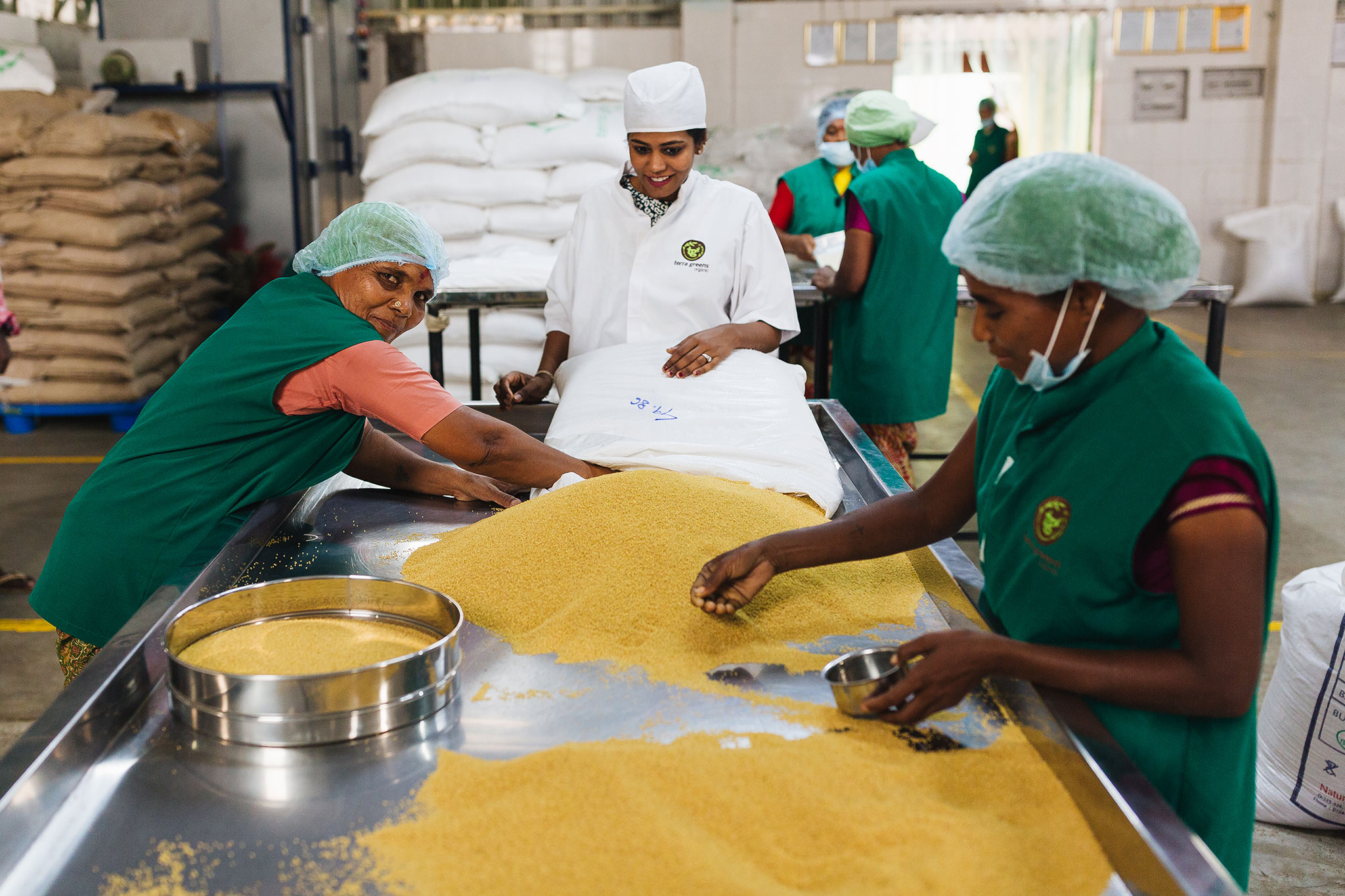These millets stand out as hardy and resilient crops, equipped to withstand various environmental stresses. Their adaptability makes them valuable resources for ensuring food security and sustainable agriculture, particularly in regions with challenging climatic conditions.
ICRISAT, as a leading agricultural research institute, actively engages in various aspects of small millets research and conservation. Their work predominantly focuses on germplasm conservation and the systematic evaluation of germplasm for crucial traits such as yield, nutritional content, and tolerance to environmental stressors. By adhering to the SMTA (Standard Material Transfer Agreement) of the Plant Treaty, ICRISAT supplies germplasm to researchers worldwide, facilitating the global advancement of small millets research.
One of the primary breeding objectives of ICRISAT's small millets improvement program is to develop high-yielding varieties of different maturity groups. These varieties are sought to exhibit stable resistance to diseases and pests while catering to market preferences. By addressing these breeding objectives, ICRISAT aims to enhance the productivity and resilience of small millet crops, further bolstering their significance in sustainable agriculture.

The ICRISAT genebank, a repository of invaluable plant genetic resources, has played a pivotal role in the distribution and dissemination of small millet germplasm. Over 89,000 seed samples have been distributed to researchers worldwide, contributing to the release of 15 varieties directly selected from germplasm.
The ICRISAT Agribusiness and Innovation Platform (AIP) also plays a crucial role in promoting nutrition entrepreneurship and fostering the creation of innovative food products centered around small millets.
The platform's state-of-the-art food processing facilities serve as a hub for developing essential skills and knowledge in small millet processing and value addition. Emphasizing the significance of these nutritious crops, the Smart Food program spearheaded by ICRISAT actively encourages consumers to adopt millets, especially small millets, into their diets, thus enhancing dietary diversity and overall nutrition.
Should you have any questions our dedicated support team is ready to help. Please email: research@icrisat.org